D8 Digital Nomad Visa in Portugal: A Guide for Remote Workers

- Remove the current class from the content27_link item as Webflows native current state will automatically be applied.
- To add interactions which automatically expand and collapse sections in the table of contents select the content27_h-trigger element, add an element trigger and select Mouse click (tap)
- For the 1st click select the custom animation Content 27 table of contents [Expand] and for the 2nd click select the custom animation Content 27 table of contents [Collapse].
- In the Trigger Settings, deselect all checkboxes other than Desktop and above. This disables the interaction on tablet and below to prevent bugs when scrolling.
Portugal’s Digital Nomad Visa, also referred to as the D8 Visa, offers a legal and tax-compliant path for remote professionals who want to live in Portugal while continuing to work for foreign employers. This visa is designed for independent workers, freelancers, and employees who operate remotely, particularly in the tech, design, writing, consulting, and digital nomad education job sectors.
What Is the D8 Visa?
The D8 Visa in Portugal is a long-term residency visa for remote workers. It was introduced in 2022 as part of Portugal’s Digital Nomad Visa Program to attract location-independent professionals earning foreign income. Unlike tourism or short-term Schengen visas, the D8 visa enables legal residence with tax structuring options for non-habitual residents (NHR).
Who Qualifies as a Remote Worker?
Eligibility for the Digital Nomad Visa in Portugal is based on having an active remote work contract or freelance income from outside Portugal. This includes:
- Employees working remotely for a foreign company
- Freelancers or self-employed professionals with international clients
- Entrepreneurs managing businesses abroad
Digital creators, tech developers, marketing consultants, and educators with digital nomad jobs are among the top applicants. Local contracts or income sourced from within Portugal typically disqualify candidates.
What Is the Minimum Income for the D8 Visa in Portugal?
Applicants must meet a clear financial threshold. As of 2025, the income requirement is set at €3,280 per month, equivalent to four times the minimum wage in Portugal. This amount can originate from salary, dividends, or freelance earnings, but it must be demonstrably stable and derived from foreign sources.
Portugal D8 Visa Requirements: Documents & How to Apply
Required Documents:
- Valid passport (minimum 6-month validity)
- Proof of remote employment or service contract
- Payslips or bank statements proving the monthly income threshold
- Criminal record (issued within the last 90 days)
- Proof of accommodation in Portugal
- Travel insurance covering the Schengen area
- Portuguese NIF (tax identification number)
- Portuguese bank account
How to Apply:
- Get a NIF and open a local bank account
- Collect proof of income proof, and contract(s) relating to your work
- Book an appointment with the Portuguese consulate in your country of residence
- Apply for a temporary stay or residency visa under the D8 category
- Once approved, enter Portugal and convert the visa into a residency permit with AIMA (Agência para a Integração, Migrações e Asilo)
Processing time at consulates is typically 60 to 90 days, though it varies depending on volume and jurisdiction.

Working Remotely for Foreign Companies
One of the strengths of Portugal’s D8 Visa is its clarity in allowing work for non-Portuguese entities. As long as the income source is external and verifiable, applicants are not required to set up a business or sign contracts locally. This opens the door to global opportunities while residing in Portugal under a tax-efficient regime.
Tax Residence Considerations
Holders of the D8 visa will become Portuguese tax residents if they spend more than 183 days per year in the country or have a permanent residence here. Tax residency status triggers reporting obligations under Portuguese law, including foreign income and assets.
However, Portugal's NHR 2.0 program offers substantial benefits, provided the eligibility criteria are met.
- 10% flat rate on foreign pensions
- 20% tax on specific high-value activities
- Exemptions for certain foreign income (depending on tax treaties)
How Long Does It Take to Get a D8 Visa in Portugal?
The average processing time from application to visa issuance is approximately 8 to 12 weeks. However, delays can occur due to document verification, consular backlogs, or incomplete submissions. Once in Portugal, the residence permit process through AIMA can take an additional 30–60 days.
What Is the Difference Between D7 and D8 Visa in Portugal?
While both the D7 and D8 visas allow for residence in Portugal, their eligibility criteria and tax planning options differ significantly.

Understanding the main differences between the D7 and D8 Visas can help applicants choose the right option based on their income model and residency goals.
D8 Visa in Portugal: Key Takeaways
The D8 Visa offers a streamlined path for remote employees, freelancers, and independent contractors who earn foreign income and want to live legally in Portugal. While the documentation and thresholds are clear, it’s worth considering how tax residency status is determined, what income qualifies under local rules, and how Portugal’s tax filing rules for Digital Nomads may apply once residency is established. These factors can affect everything from annual reporting obligations to how foreign income is treated.
At Tytle, we provide advanced tax solutions for expats, including:
- Accounting/bookkeeping
- Accurate tax filing
- Estate planning
- Cross-border advice
- Immigration services
- And much more!
For more expert tax advice, feel free to explore: “How to Study in Portugal: Grants, Visas, and Tax Benefits” and “Portugal Golden Visa: Investment, Residency, EU Citizenship”.
See our latest articles
Get affordable tax help in Portugal now!


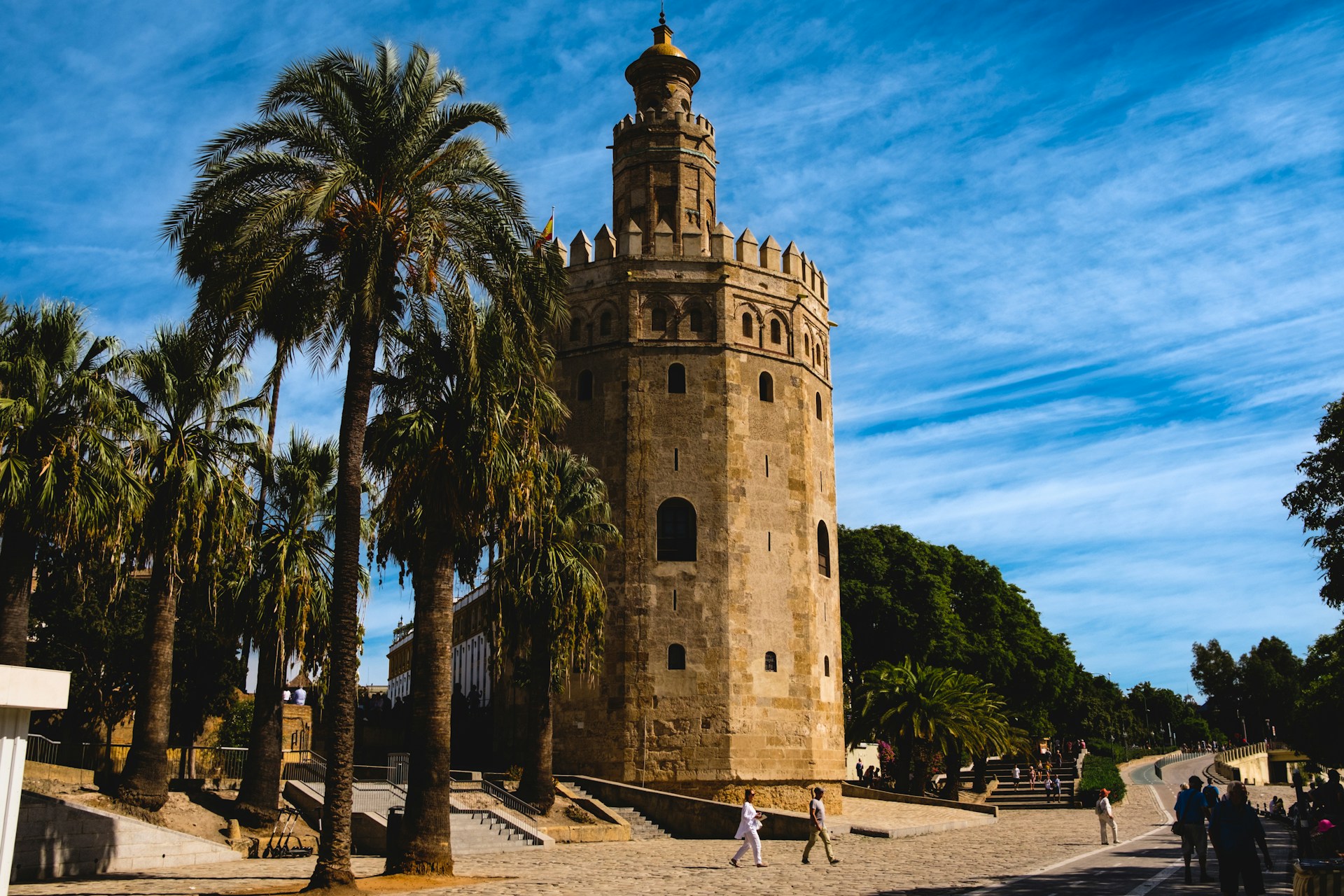
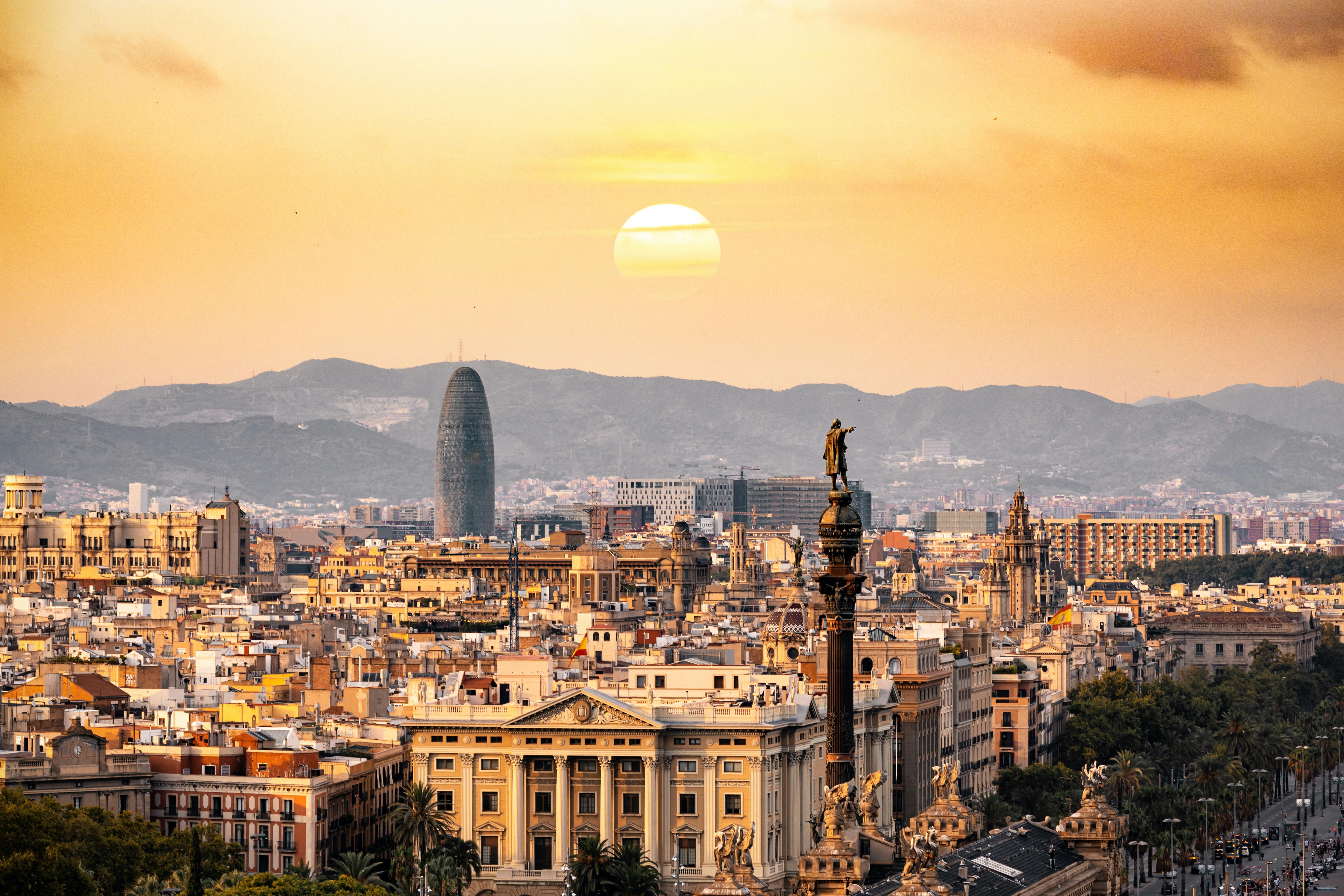

.png)
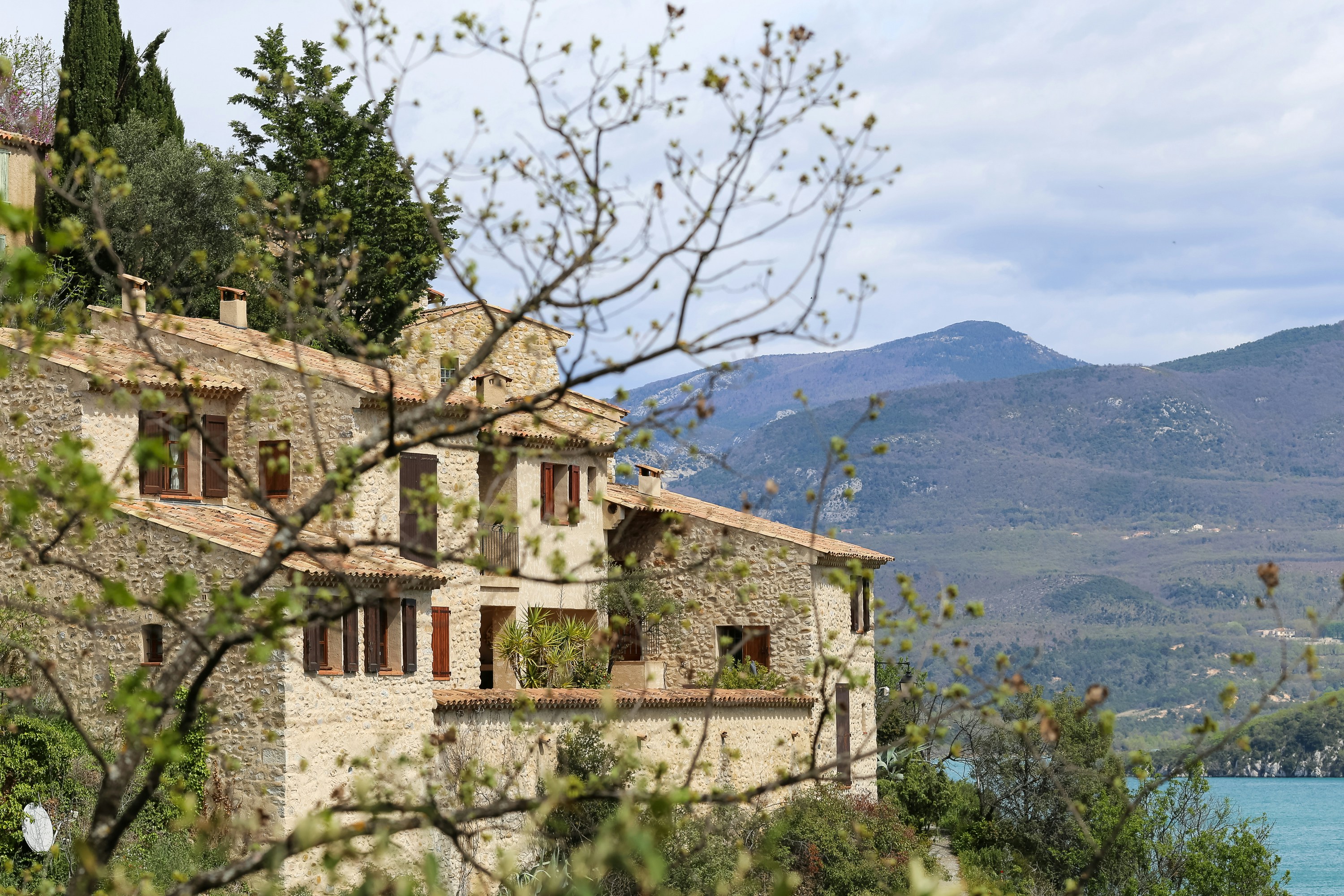

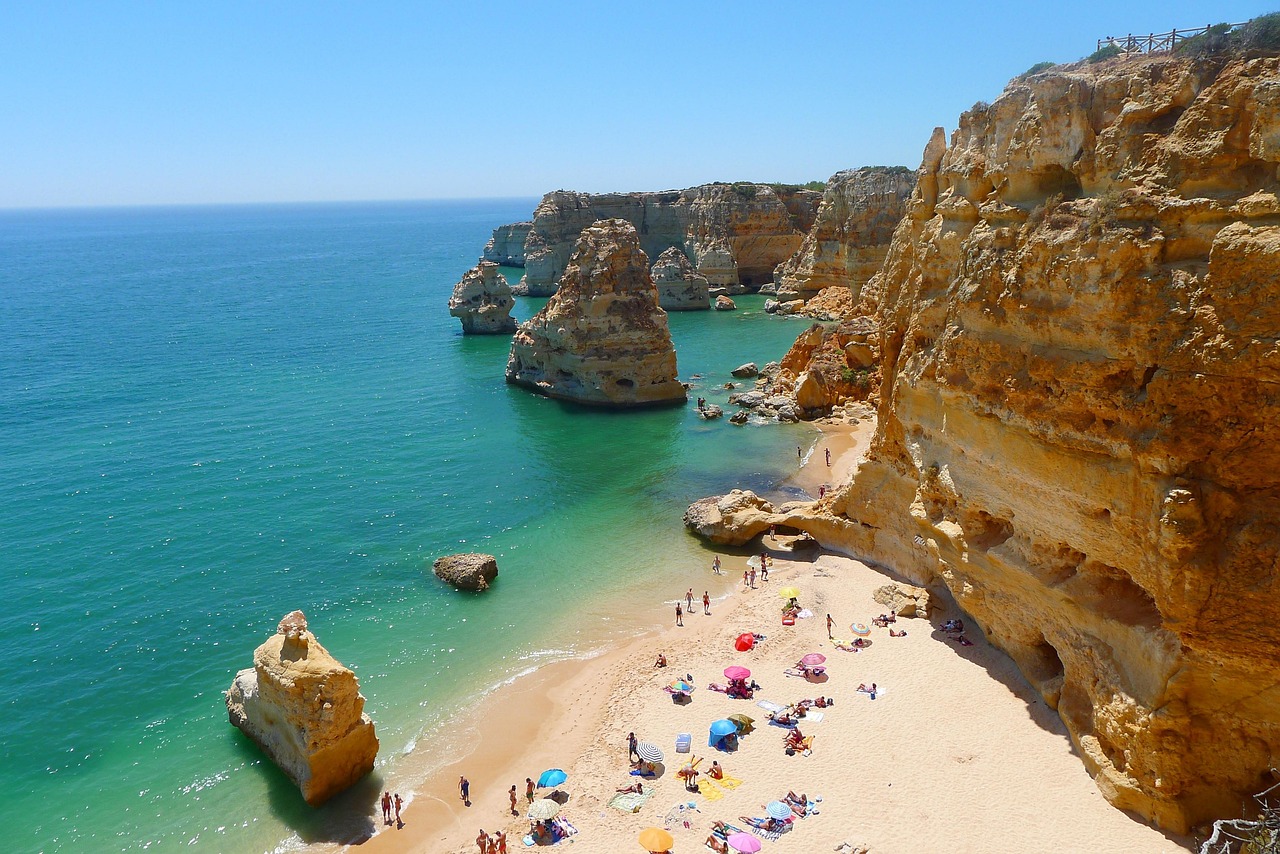
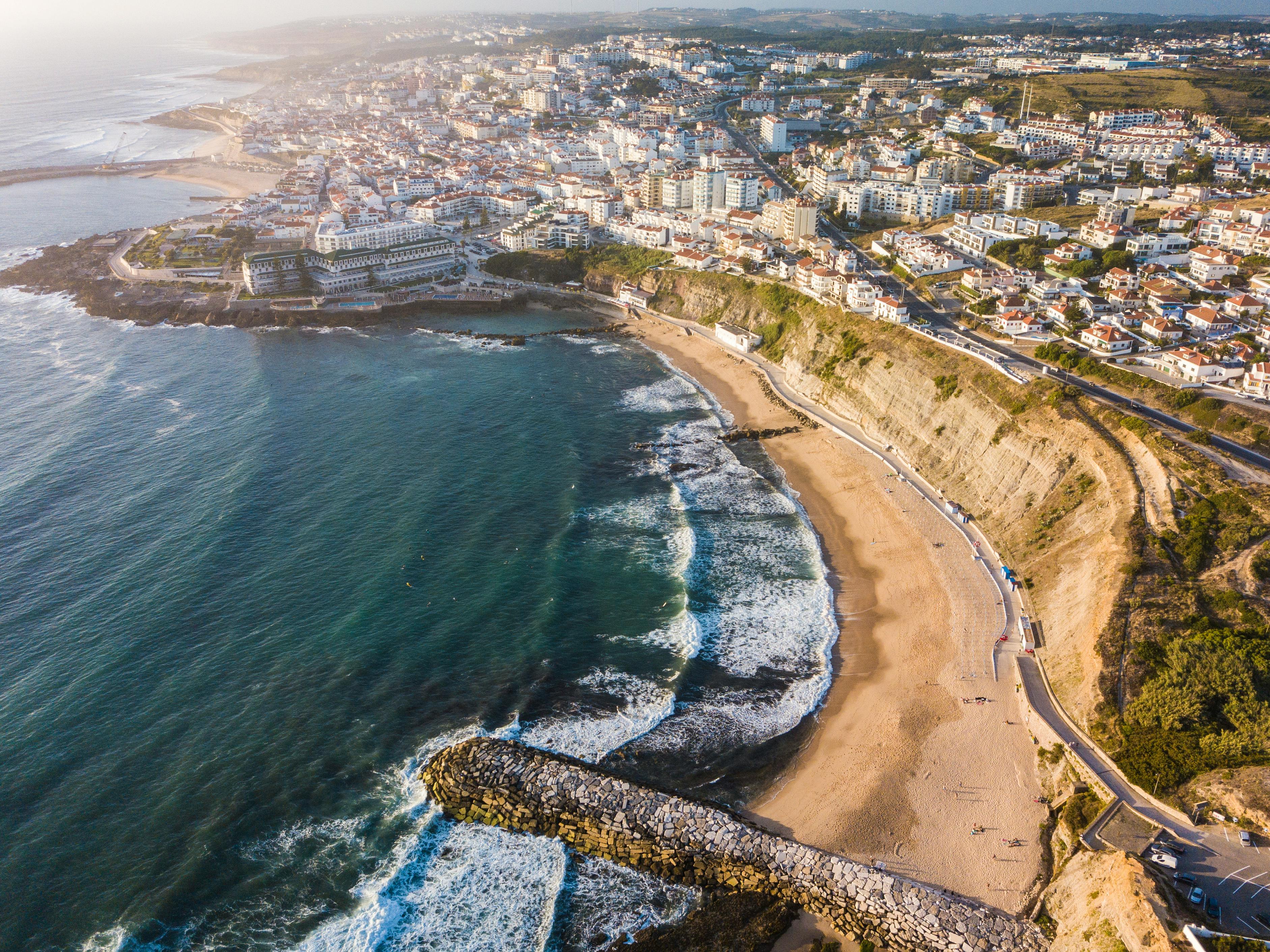
















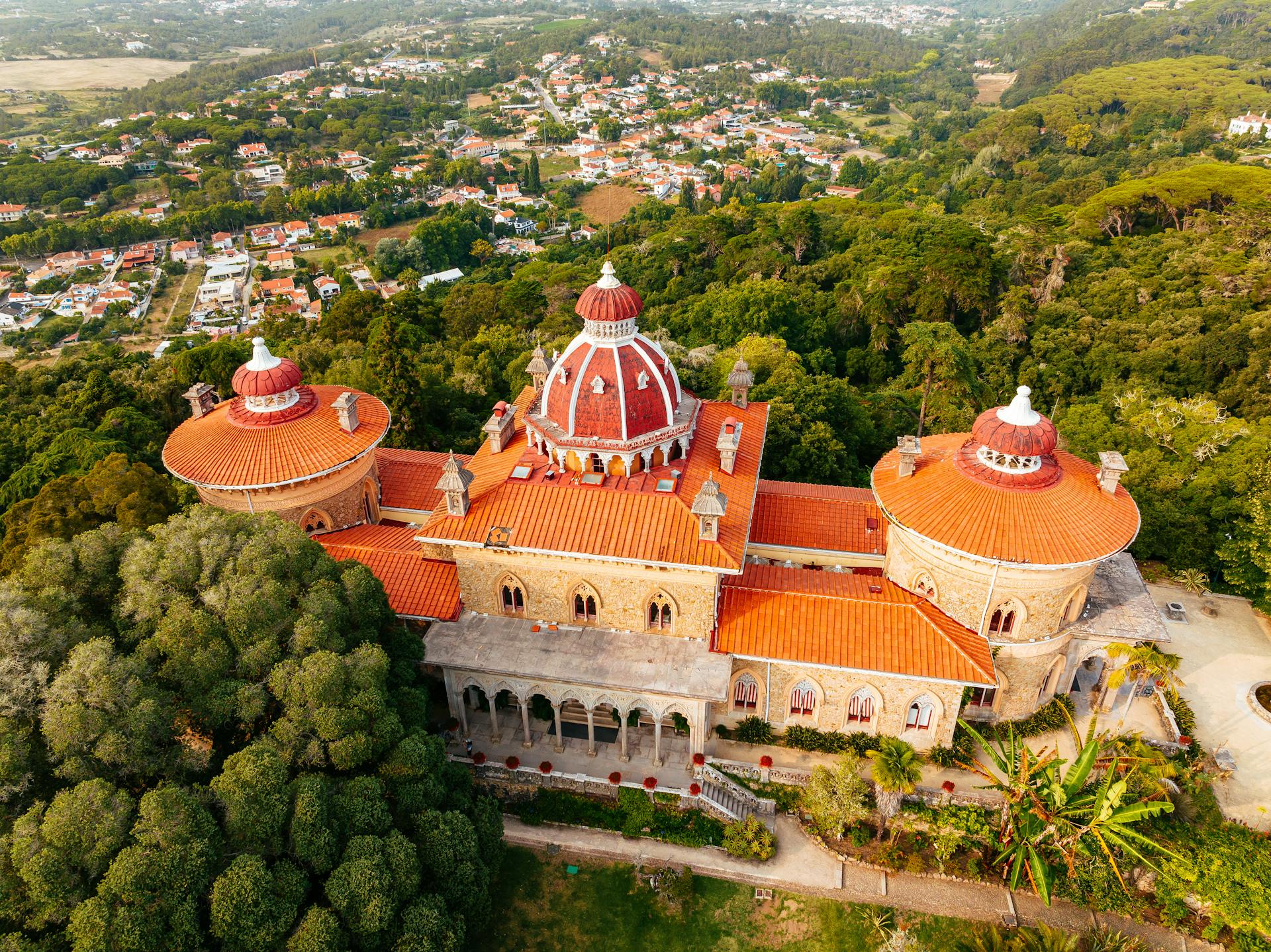



.webp)
.webp)



.webp)
.webp)

.webp)


.webp)





